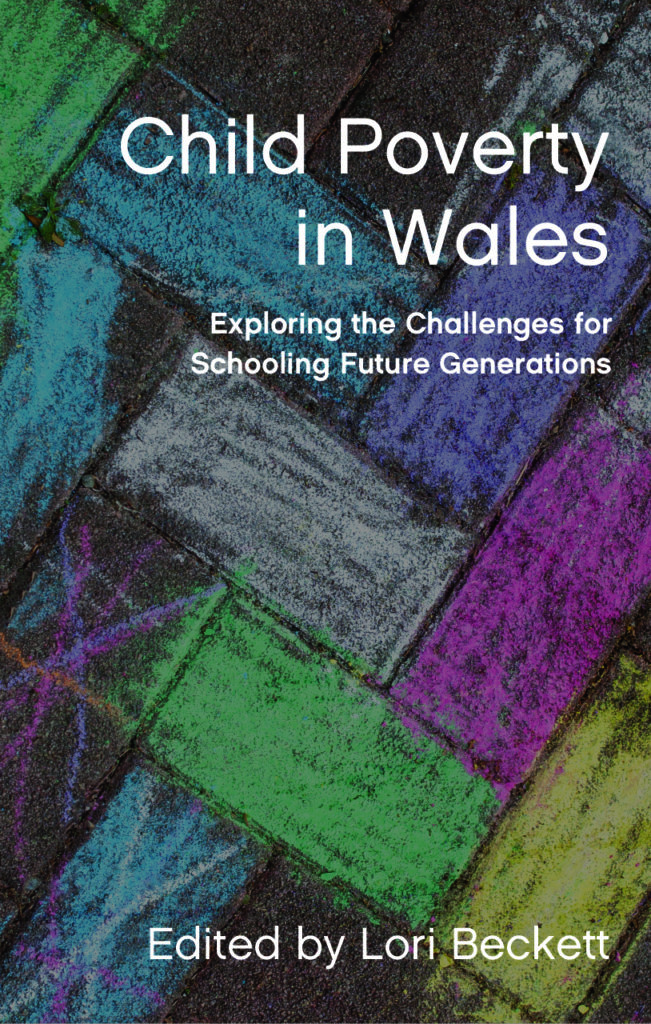
Exploring the Challenges for Schooling Future Generations will be published July 2023.
Lori Beckett continues a series of blog posts on the upcoming edited volume, Child Poverty in Wales: Exploring the Challenges for Schooling Future Generations.
What do we know? It’s a fairly straightforward question that’s common enough, but it was a pointed question when it came to the findings of the 2018 Children First needs assessment on Trem y Mynydd. The team of frontline workers and critical friends who assembled to preview draft reports on Caryl Lewis’s data analyses had much to say about what it’s like to be poor in a rich country. But seemingly nothing came of their practical knowledge all being fed to local and national governments with the intention to inform requisite amendments to policies and programs, including some adjustments in service provision to help eliminate child poverty. Consequently we had nothing to show but a shared knowledge of the lived experiences of child poverty and some visible emotional reactions to the lack of government actions.
Yet again we were witnessing another self-fulfilling prophecy when set against residents’ sentiments about irrelevant research that showed no dividend. Given their serious misgivings about a continuous line of people coming on to the housing estate over the years, asking questions, prying, probing, even judging, and front-line workers’ views about failed anti-poverty policies, it came as a surprise to hear a call for further research. There was robust discussion about what exactly this meant, which brought us to ‘ethnography that makes a difference’ in Mills and Morton’s (2013) book, Ethnography and Education. This focused the mind not only on our shared moral and political obligations to local residents but also on the relationship between research and politics.
Lori Beckett is now semi-retired as Visiting Professor at Bangor University, and is academic partner to a local school-community (given the pseudonym Trem y Mynydd) in Gwynedd.

